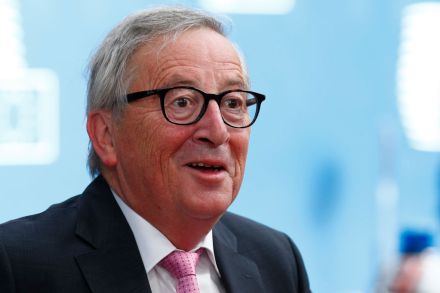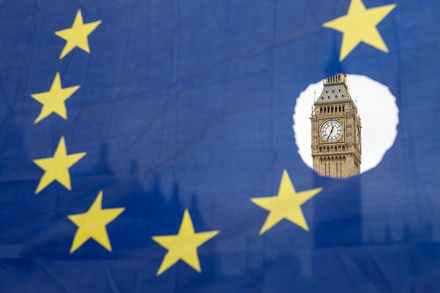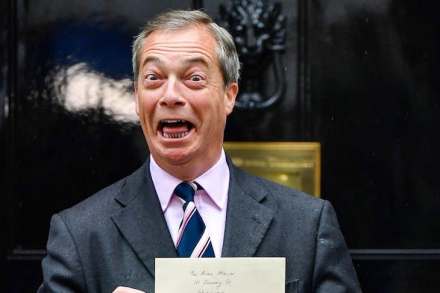In defence of the Evening Standard’s leprechaun cartoon
My colleague at the Evening Standard, the excellent cartoonist, Christian Adams, has been having a bruising time of it since his cartoon in yesterday’s paper was published. It features two leprechauns, Jeremy Hunt and Boris Johnson, capering around a pot of gold at the end of a rainbow – the pot bearing the legend: “no backstop”. It is quite plainly a jab at the illusory, fantastical and delusional notion – his view – that the Irish backstop can simply be magicked away, as both candidates intimated when they visited Northern Ireland yesterday. Plainly, the people being caricatured were Boris and Jeremy, not the Irish, nor indeed leprechauns. It was an




















